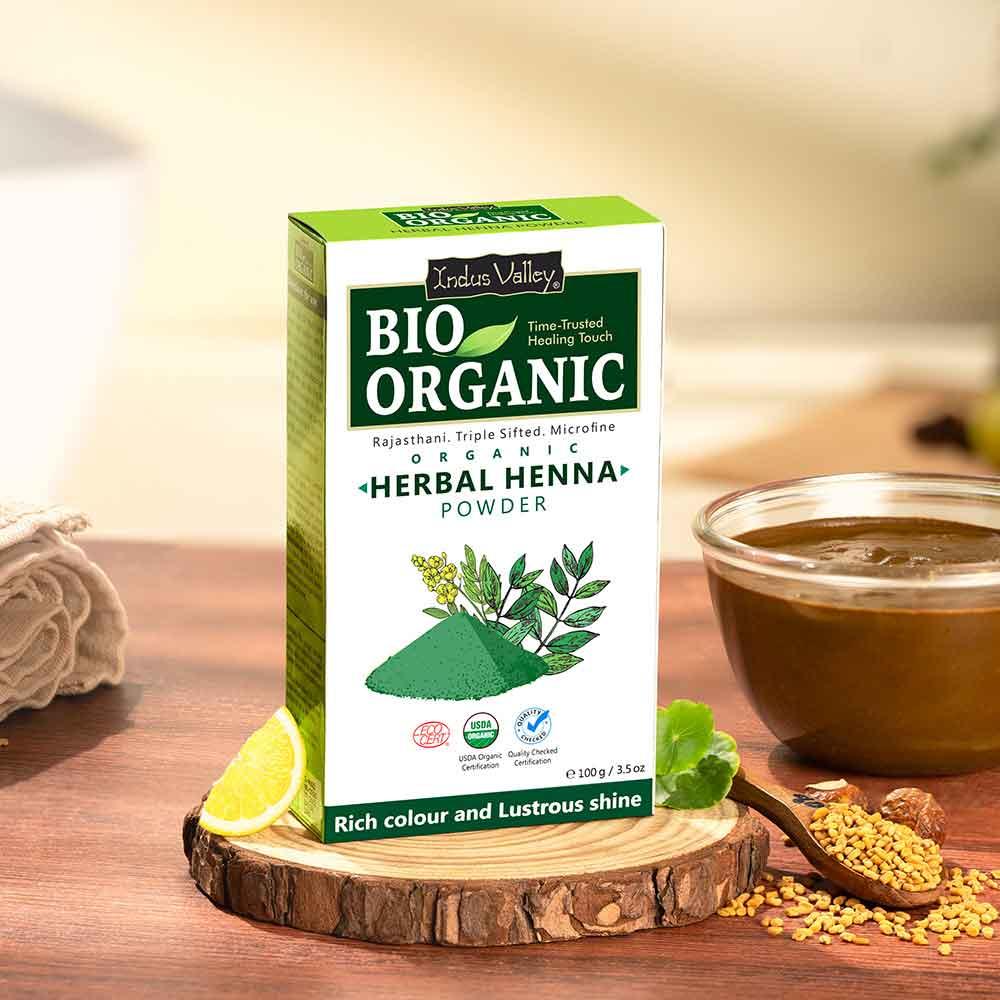Exploring Herbal Henna: Production, Uses, and Global Export from India
Herbal henna, derived from the Lawsonia inermis plant, is a natural dye widely known for its use in hair coloring and intricate body art. In recent years, herbal henna has gained popularity due to its chemical-free and eco-friendly properties. India, as a hub of herbal henna production, plays a vital role in the global export market. This article delves into the types of herbal henna, its manufacturing hubs in India, its varied uses, and its widespread export.
What is Herbal Henna?
Herbal henna refers to a natural variant of henna mixed with other organic ingredients like amla, neem, hibiscus, and bhringraj. Unlike synthetic dyes, herbal henna is free from harmful chemicals such as ammonia and PPD (paraphenylenediamine). It offers nourishing benefits to hair and skin while being gentle on the body, making it an ideal choice for health-conscious consumers.
Types of Herbal Henna Exported from India
India exports various types of herbal henna to cater to the diverse demands of international markets. Some popular types include:
- Natural Herbal Henna Powder: Pure henna powder blended with herbs for hair care.
- Black Herbal Henna: A variant used for darker hair tones, achieved using indigo and other natural additives.
- Red Herbal Henna: Popular for its reddish-brown tint, commonly used in traditional body art.
- Conditioning Henna: Enhanced with herbal ingredients like aloe vera and fenugreek for added hair nourishment.
- Specialized Henna Products: Ready-to-use henna pastes and cones for body art, enriched with herbal oils for better color and longevity.
Key States Producing Herbal Henna in India
India’s climate and soil conditions make it ideal for henna cultivation, and several states have established themselves as hubs for its production and manufacturing.
- Rajasthan: The leading producer of henna in India, Rajasthan's Pali district is renowned for its high-quality henna leaves.
- Haryana: Known for its small-scale henna processing units, especially in regions like Hisar and Sirsa.
- Gujarat: A significant contributor to henna cultivation, with units focused on processing and packaging herbal henna products.
- Madhya Pradesh: Emerging as a growing hub for herbal henna due to favorable cultivation conditions.
- Punjab: Houses several manufacturing units specializing in herbal henna blends and exports.
Uses of Herbal Henna
Herbal henna is a versatile product with a wide array of applications.
1. Hair Care
- Natural Hair Dye: Herbal henna provides a natural tint without damaging the hair.
- Hair Conditioning: Its herbal properties nourish and strengthen the hair, reducing dandruff and split ends.
- Scalp Health: Ingredients like neem and hibiscus help maintain scalp hygiene and combat infections.
2. Body Art
- Used in traditional mehndi designs for weddings, festivals, and special occasions.
- Herbal oils in henna enhance the depth and longevity of the stain on the skin.
3. Therapeutic Uses
- Henna’s cooling properties make it effective in relieving headaches and soothing burns.
- Used as a natural remedy for skin conditions such as eczema and psoriasis.
India’s Global Footprint in Herbal Henna Export
India is the world's largest exporter of henna, meeting the demands of a wide range of international markets. According to industry estimates, over 60 countries import herbal henna from India.
Key Export Destinations
- Middle East: Countries like the UAE, Saudi Arabia, and Oman are significant importers due to the cultural significance of henna.
- North America: The USA and Canada have a growing demand for herbal henna, driven by the organic beauty trend.
- Europe: Nations such as the UK, Germany, and France prefer Indian herbal henna for its quality and eco-friendliness.
- Asia-Pacific: Countries like Japan, South Korea, and Australia import henna for both personal and professional uses.
- Africa: Nations in North and East Africa have a long tradition of henna use, making them consistent buyers.
India’s reputation for producing high-quality henna, coupled with its vast agricultural resources, positions it as a global leader in this market.
The Future of Herbal Henna Exports
The increasing global demand for natural and organic products augurs well for India’s herbal henna industry. As consumers become more aware of the harmful effects of synthetic dyes, the preference for herbal henna is set to rise. Initiatives by Indian manufacturers to innovate and meet international standards will further solidify India’s dominance in the global henna market.
With continued investment in research, sustainable farming, and value-added products, India is poised to expand its footprint in the herbal henna export industry, catering to a health-conscious global audience.
Herbal henna stands as a testament to India’s rich heritage and expertise in natural products. From its use in traditional rituals to its place in modern beauty regimens, herbal henna continues to captivate people worldwide with its unmatched benefits and quality.





